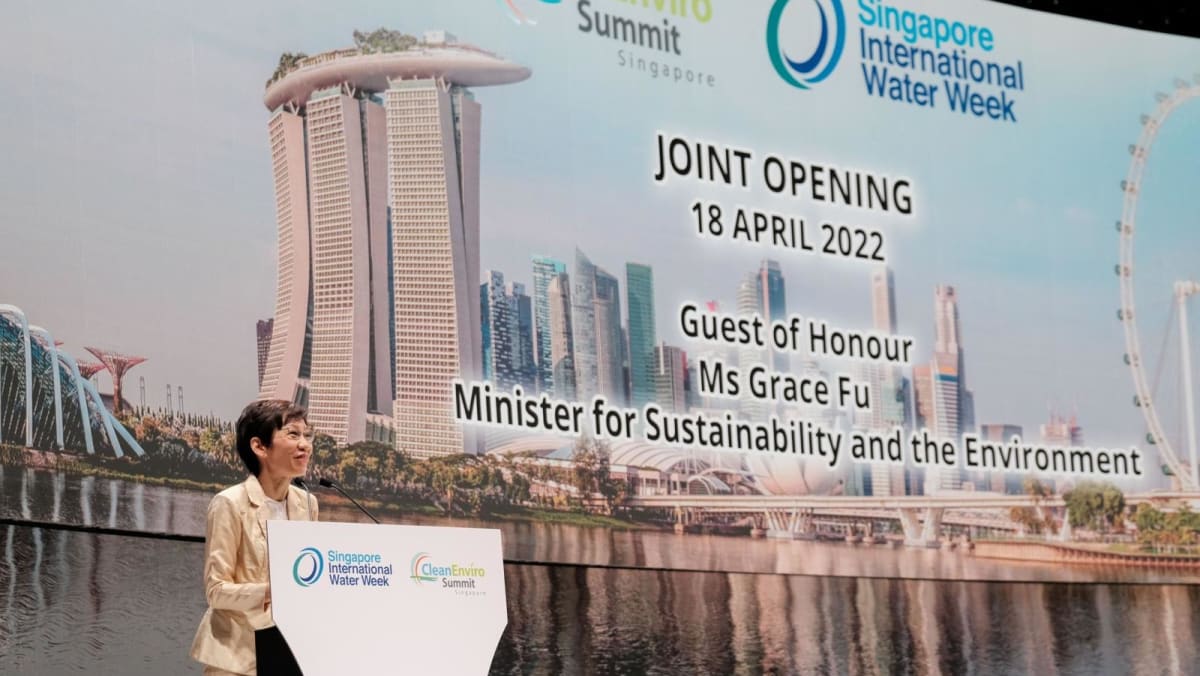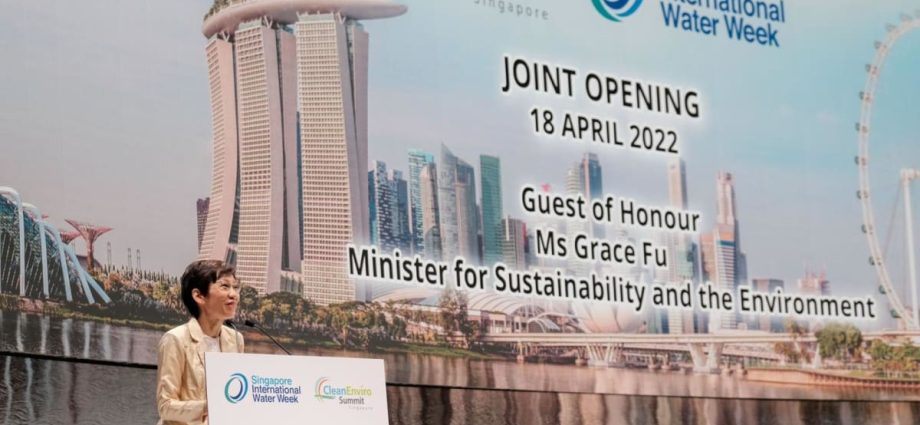
SINGAPORE: National water agency PUB will raise its funding cap for water recycling projects under the Water Efficiency Fund (WEF) from S$1 million (US$739,530) to S$5 million from Jul 1, as part of its continuing efforts to drive water conservation efforts and promote sustainable water management practices in the non-domestic sector.
The non-domestic sector refers to all water uses other than households, including industries, commercial offices and retail premises, according to PUB.
Besides increasing the funding cap for water recycling projects, PUB will also increase the funding cap for the Industrial Water Solutions Demonstration Fund (IWSDF) from S$4 million to S$5 million, the agency said in a press release on Monday (Jun 5).
The IWSDF is a sub-scheme under the WEF and is targeted at the implementation of new technologies and innovative solutions.
The co-funding ratio for water efficiency assessments and pilot studies will also be increased from 50 per cent to 70 per cent to support businesses as they embark on their water conservation journey, PUB said.
The funding cap for pilot studies will be increased from S$50,000 to S$150,000.
“This will benefit smaller businesses and businesses in less water-intensive sectors,” PUB said.
The changes were announced by Minister for Sustainability and the Environment Grace Fu during the Singapore International Water Week Spotlight 2023 event.
Since 2007, the WEF has provided funding for companies to implement water recycling, adopt innovative technologies for water conservation and conduct studies to identify water-saving opportunities in their operations.
To date, 375 successful applications have received grants of varying amounts from PUB, which would result in water savings of over 70 million litres a day when fully implemented, the agency said.
PROMOTING WATER CONSERVATION AMID GROWING DEMAND
Singapore’s water demand is expected to double by 2065, with the non-domestic sector expected to account for two-thirds of this demand.
The impact of climate change is also set to test Singapore’s water resources.
“With growing water needs, it is imperative for businesses and industries to prioritise water efficiency and embrace sustainable water management practices, to ensure a sustainable and resilient water supply for Singapore,” PUB said.
The agency added it recognises the critical role of businesses and industries in ensuring long-term water sustainability and has been working closely with non-domestic users to reduce their water demand.
PUB also said it offers technical support to help companies identify water-saving opportunities and match them with technology providers.
During the Committee of Supply debate in March, the agency announced plans to mandate water recycling requirements on new projects in the wafer fabrication, electronics and biomedical sectors from January 2024.
With the new recycling requirements, Singapore is projected to achieve an additional 40 million litres of water savings per day from 2035, it said.
“Water conservation is increasingly becoming an integral part of companies’ operations and business sustainability strategy,” said Ridzuan Ismail, who is director of PUB’s water supply (network) department.
“By implementing water recycling and water efficient systems, companies can … reduce their water demand, achieve cost savings and strengthen their long-term competitiveness and resource resilience. This will also ensure sustainable growth in long-term water demand in Singapore.”
He added that the WEF changes were another step that PUB is taking to not only support companies in their water conservation efforts, but to “safeguard” Singapore’s water future.

